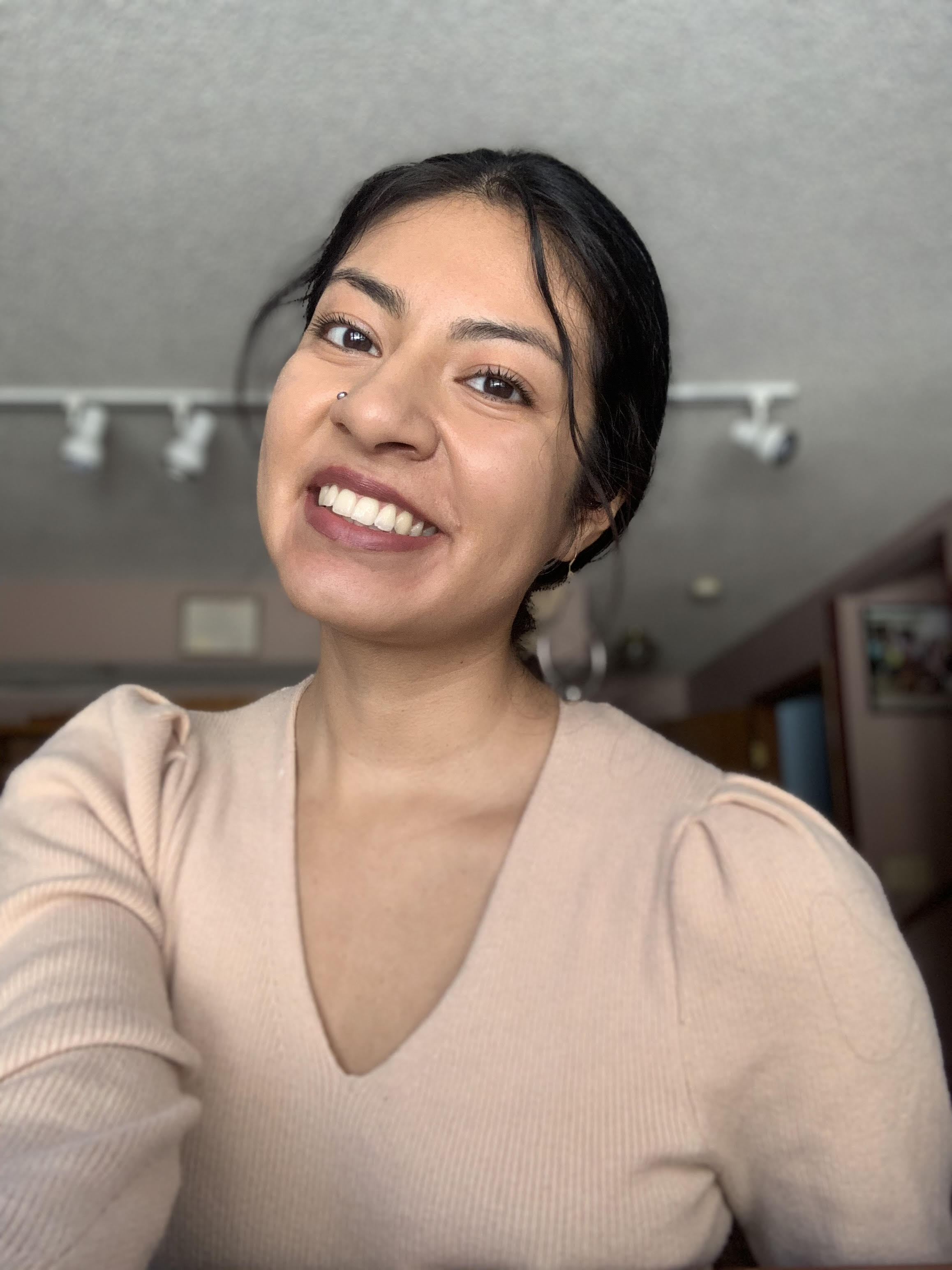It’s September! There’s a new chill in the air, and some eager trees are starting to turn warm shades of yellow and orange. It also means that Terri Thao is back from her Sabbatical! In the spring, Terri took 3 months off to rest, reflect, and focus on her wellness. Now that she’s back in the swing of things, we caught up over the phone about her time off and what she’s learned.
What did you end up getting up to?
I really just rested. It was so nice to not have the pressure of work and the day to day grind. I was able to relax and learn at my own pace. For once, I was invested in my own relaxation, without feeding into the machine of productivity. I colored! I could set my own schedule. If I didn’t want to do something, or couldn’t do something, I didn’t have to and I could say that. I loved not having to email!
This time allowed me to do more reflection, and I was able to actually sit down and journal. I reflected on what it means “to win,” what it would look like, smell like, and taste like. I thought about what sustainability looks like in social justice work when we are undoing hundreds of years of oppression. I was also able to read some meaty books and take Roxanne Gay’s master class on writing for social justice and social change. I’m still in the process of digesting it all. (Books included: Caste by Isabel Wikerson, The Undrowned by Alexis Pauline Gumbs, We Will Not Cancel Us by Adrienne Maree Brown.)
Of course, we’re in a global pandemic right now, and things came up. What does liberation in a pandemic look like? As a parent and as a daughter-in-law, I still had to do my role as a caretaker, with all the gendered expectations around who does the carework and the emotional labor. I was getting up in the middle of the night for weeks to help my son recover from a medical procedure. The first day of my sabbatical was the day Daunte Wright was murdered.
With all of it though, even if it wasn’t all restful, I was able to show up better because I didn’t have as much on my plate—I can really only care-take one thing well at a time.
What advice do you have for other people taking Sabbaticals?
You know what works best for you! It’s great to have more time for leisure and not feel pressured by time, but rest looks different for different people. You are moving at your own pace. This is time for you to do you, centering yourself and your own needs. For me, I can’t sit around and do “nothing.” Even when I’m resting, I’m still in motion. But, moving from ten projects to just one project is a big shift and is rest for me. I had to remind myself that there is no such thing as “not resting well enough”—it is not a competition or “sabbatical-off!”
I also recommend people get an accountabili-buddy. Cheng, my husband, was mine. He helped me stick to the goals I set for myself. If I did more, he would remind me to not overcommit and to honor my own boundaries.
Why are Sabbaticals important?
Rest is so important for everyone. As leaders, we need to set the way, model the behavior, and stake a claim—rest is non negotiable. We need to own our ability to influence others by prioritizing our own rest. When I shared that I was going on sabbatical, a lot of people resonated my experience and desire to rest. We really need the time and space to do this! It matters. Now that I’m back, people have been asking me a lot of questions about what I did, even though my answer is that I didn’t do a whole lot.
It was an extremely powerful experience overall. I joke that my last sabbatical was when I had my now 11 year old son. But we shouldn’t need to birth a whole human to get a break. And that wasn’t even a break! It was work. We shouldn’t have to wait for rest. I have been seeing this quote online that says “If you don’t make room for wellness, you make room for illness.” I used to get sick a lot because of that. I would push myself to the limit and I got burnt out!
I’m trying to be more disciplined in my own care and wellness. It’s really hard for women in my community though. Capitalism and patriarchy reinforce this push to “get things done.” I’m learning that the doneness is me though, and that I am enough. Self-care for me is something collectively defined by communities of color and Indigenous communities. While some part of self-care is spa days and treating yourself, we need to explore what deeply nurtures our souls and spirits as a community.
Want to learn more about Terri? Check out her 15th anniversary profile!
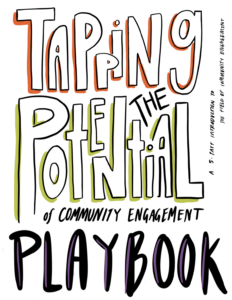 What is the Playbook?
What is the Playbook?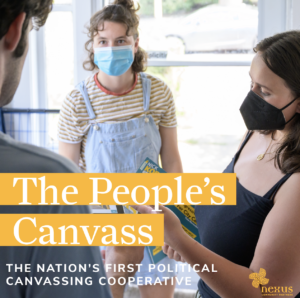 Did you hear that the People’s Canvass (formerly Knock Knock LLC) has become a worker-owned cooperative?
Did you hear that the People’s Canvass (formerly Knock Knock LLC) has become a worker-owned cooperative?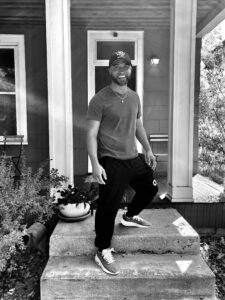 Kai Andersen is a Gemini, Minneapolis born and raised, and chock full of thought-provoking questions. He joined Nexus in July 2021 as our North Star Black Cooperative Fellowship – Research Assistant. He also is a student pursuing his Master’s of Urban and Regional Planning (MURP) at the University of Minnesota.
Kai Andersen is a Gemini, Minneapolis born and raised, and chock full of thought-provoking questions. He joined Nexus in July 2021 as our North Star Black Cooperative Fellowship – Research Assistant. He also is a student pursuing his Master’s of Urban and Regional Planning (MURP) at the University of Minnesota.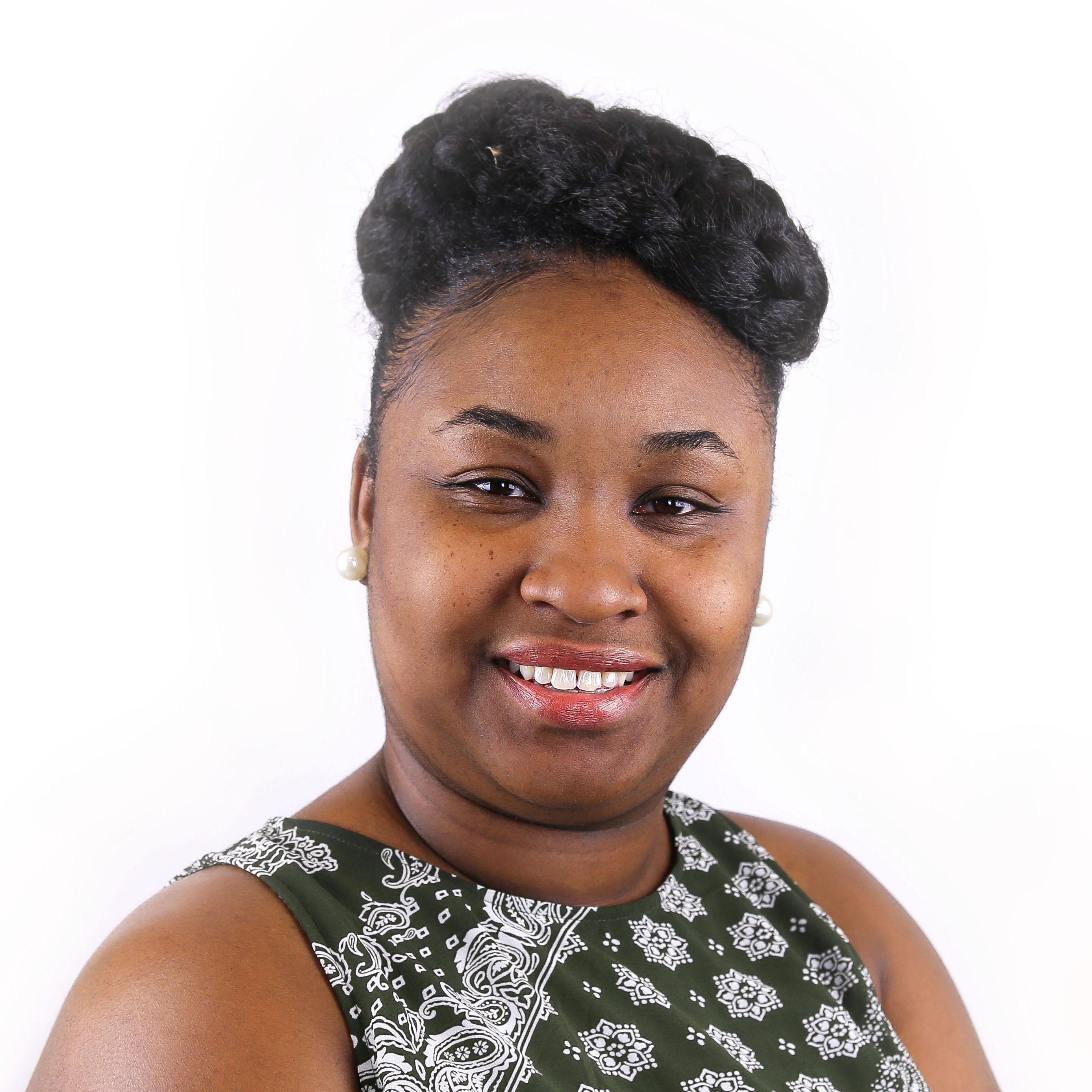 Through her own experience helping to build a cooperative herself, she’s learned some invaluable lessons about Black cooperation. Cooperatives push back against white dominant culture messages that tell us we need to be independent and do things all on our own. Black, Brown, and Indigenous folks have always been doing this work, centering community and looking out for friends, family, and neighbors. She shared that:
Through her own experience helping to build a cooperative herself, she’s learned some invaluable lessons about Black cooperation. Cooperatives push back against white dominant culture messages that tell us we need to be independent and do things all on our own. Black, Brown, and Indigenous folks have always been doing this work, centering community and looking out for friends, family, and neighbors. She shared that: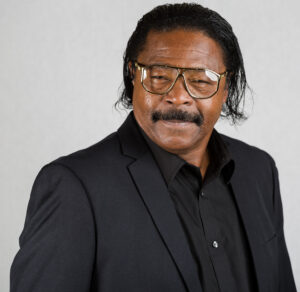 The Twin Cities BCLI is proud to announce that one of its most recent alumni, Steven Nelson was recently appointed to Public Health Community Health Services Advisory Committee (CHSAC) for Ramsey County. Steven is a graduate of the most recent cohort (#8: 2020-2021).
The Twin Cities BCLI is proud to announce that one of its most recent alumni, Steven Nelson was recently appointed to Public Health Community Health Services Advisory Committee (CHSAC) for Ramsey County. Steven is a graduate of the most recent cohort (#8: 2020-2021).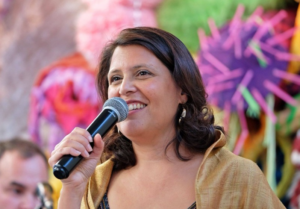 Introducing Karen Quiroz! Karen is an INTJ, a Cancer, and our fearless development manager, as of late March. Throughout her work, starting at the Institute for Agricultural and Trade Policy and continuing at Nexus, Karen keeps seeing connections between the ways exploitative systems concentrate wealth in fewer and whiter hands, locally and globally. In development, Karen sees her role as an opportunity to push philanthropy to do better, and to create change at the intersection of wealth and racial justice.
Introducing Karen Quiroz! Karen is an INTJ, a Cancer, and our fearless development manager, as of late March. Throughout her work, starting at the Institute for Agricultural and Trade Policy and continuing at Nexus, Karen keeps seeing connections between the ways exploitative systems concentrate wealth in fewer and whiter hands, locally and globally. In development, Karen sees her role as an opportunity to push philanthropy to do better, and to create change at the intersection of wealth and racial justice. 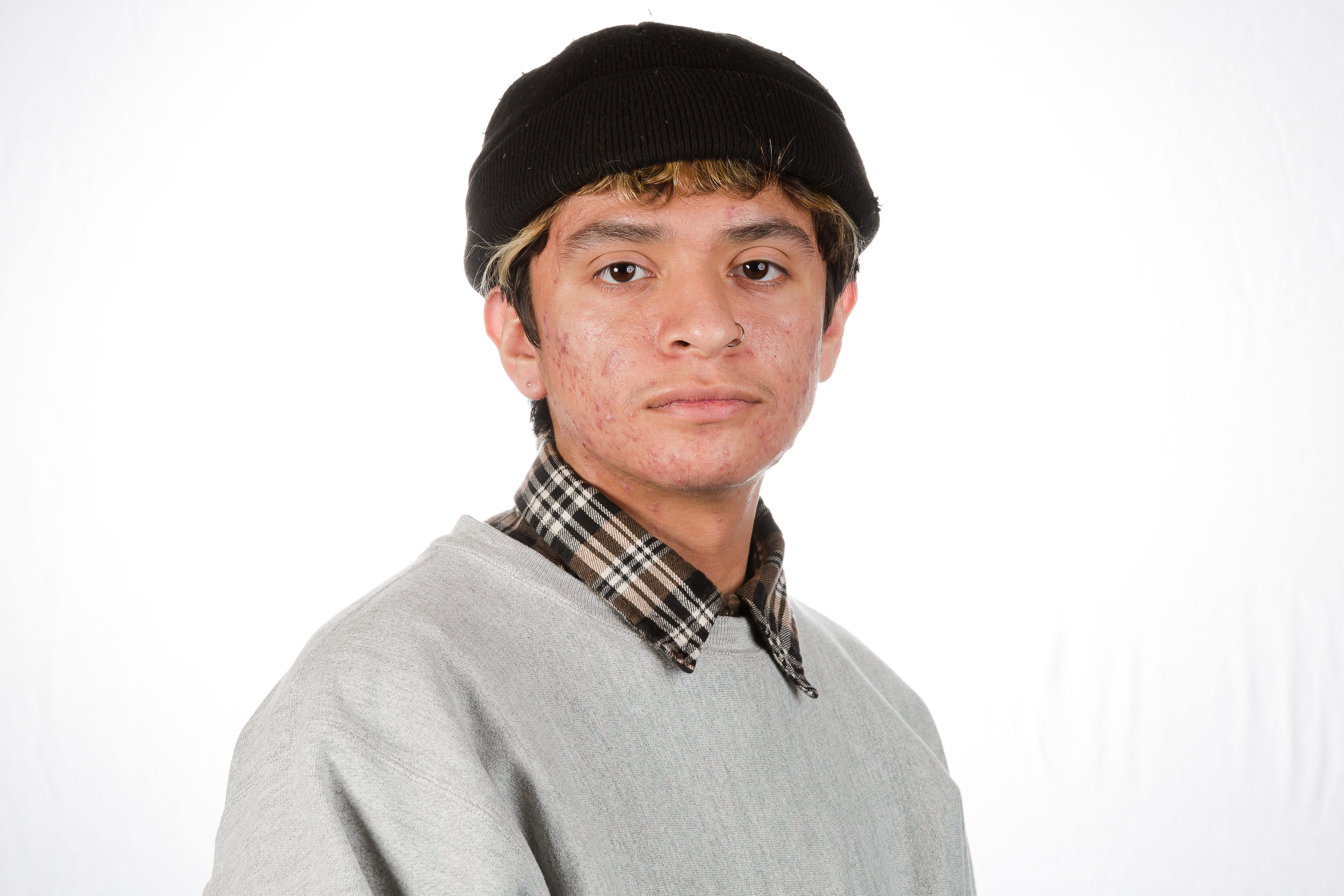 “Something that I’ll be taking with me from these last few months at Nexus is a genuine sense of accomplishment and a whole lot of knowledge. I’m extremely grateful for this experience and for everyone at Nexus who made these last few months wonderful.” – Alex Zapata, Human Resources and Organizational Culture (HROC) Associate
“Something that I’ll be taking with me from these last few months at Nexus is a genuine sense of accomplishment and a whole lot of knowledge. I’m extremely grateful for this experience and for everyone at Nexus who made these last few months wonderful.” – Alex Zapata, Human Resources and Organizational Culture (HROC) Associate